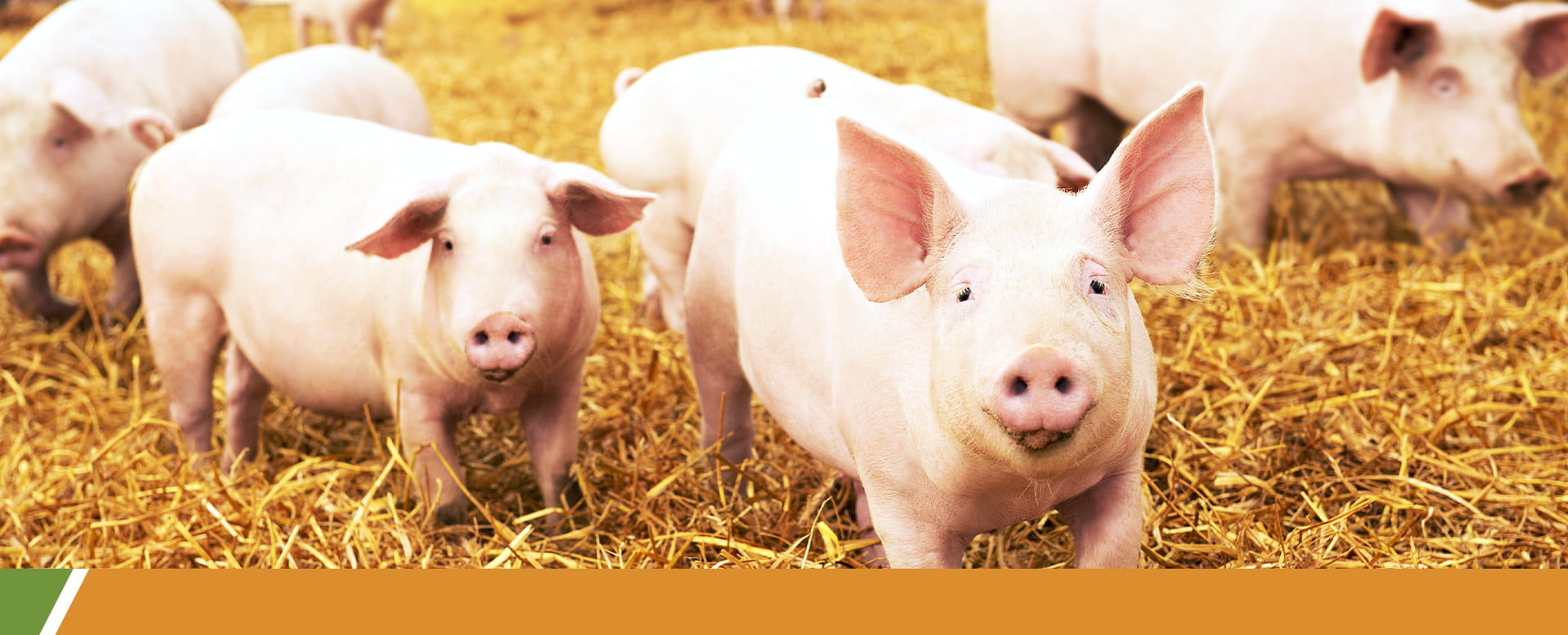Immunonutrition ensures stress-free weaning and supports better immune response in piglets

By Melina Bonato, Global Research and Development Manager at ICC, a leader in natural yeast-based nutritional solutions for animal production.
The swine produced in the country goes through several stages of production until it reaches the population’s table.
Brazil is an important swine producer. According to the Brazilian Institute of Geography and Statistics (IBGE), there are about 5 million tons per year of a healthy and high-quality protein. But the process is long and the challenge starts on the farm with management, health care, and nutrition.
According to the Poultry and Swine Intelligence Center (CIAS), of the Brazilian Agricultural Research Corporation (Embrapa), a growing trend in terms of animal nutrition is related to immunonutrition, that is, the supply of specific nutrients (immunonutrients) via the animal’s diet, with the potential to modulate the activity of the immune system.
Immunonutrients can directly alter the pro-inflammatory response by recognizing intestinal cells or provide enteric conditions for the indirect expression of this response, either by modulating the intestinal microbiota or by bacterial fermentation products that cause an immune system reaction. The following are considered immunonutrients: amino acids (glutamine, arginine, cysteine, taurine), nucleotides, lipids (omega-3 and omega-6), vitamins and minerals (vitamins A, C, and E, zinc and selenium), as well as probiotics, prebiotics, organic acids, plant extracts, among others.
A very special group of extremely important and functional immunonutrients are β-glucans, which can be found in various forms in some foods, but to present immunomodulatory functional activity must be in the β,1-3 and β,1-6 form, and is mainly found in the cell wall of yeasts. β-glucans are known for their health benefits, such as improving immune function, which is important for animal health.
Through immunomodulation, β-glucans “adjust” the body’s immune response, so that it is in an alert state, that is, if there is a challenge, the pro-inflammatory response will be faster and more efficient, without overstimulating the immune system, preventing damage to the intestinal epithelium or proliferation of pathogenic bacteria. This means that the immunonutrient does not cause inflammation or damage to the tissue, but puts immune system cells on alert to better respond to potential health challenges. This mechanism is particularly useful in animal production, as it allows more efficient response of the immune system to health challenges, reducing the metabolic cost of the animal to deal with infections and other health problems, as well as being an essential ally in vaccination programs, improving the effectiveness of vaccines.
Therefore, this is a key factor for newborn piglets, which rely on passive maternal immunity and acquired congenital immunity, which will develop pre- and post-weaning. The development of piglet immune responses begins during gestation, but there is no transmission of antibodies or immunoglobulins via the placenta. Therefore, these animals are dependent on maternal antibody intake via colostrum and milk.
There are several benefits of immunonutrient supplementation, such as β-glucans, which can be measured by the quantification of total circulating immunoglobulins in the piglets’ blood, reduction of respiratory problems, and decrease in the incidence of diarrhea. Effects on the maintenance of intestinal integrity can also be observed, since, as mentioned, there is an intimate relationship between microbiota, intestinal integrity and permeability, and the immune system. It is science supporting the evolution of pig farming. In practice, this means contributing to increased productivity without the use of antibiotics, with animal welfare and the production of healthier and more sustainable food.
Posted in 18 June of 2024


